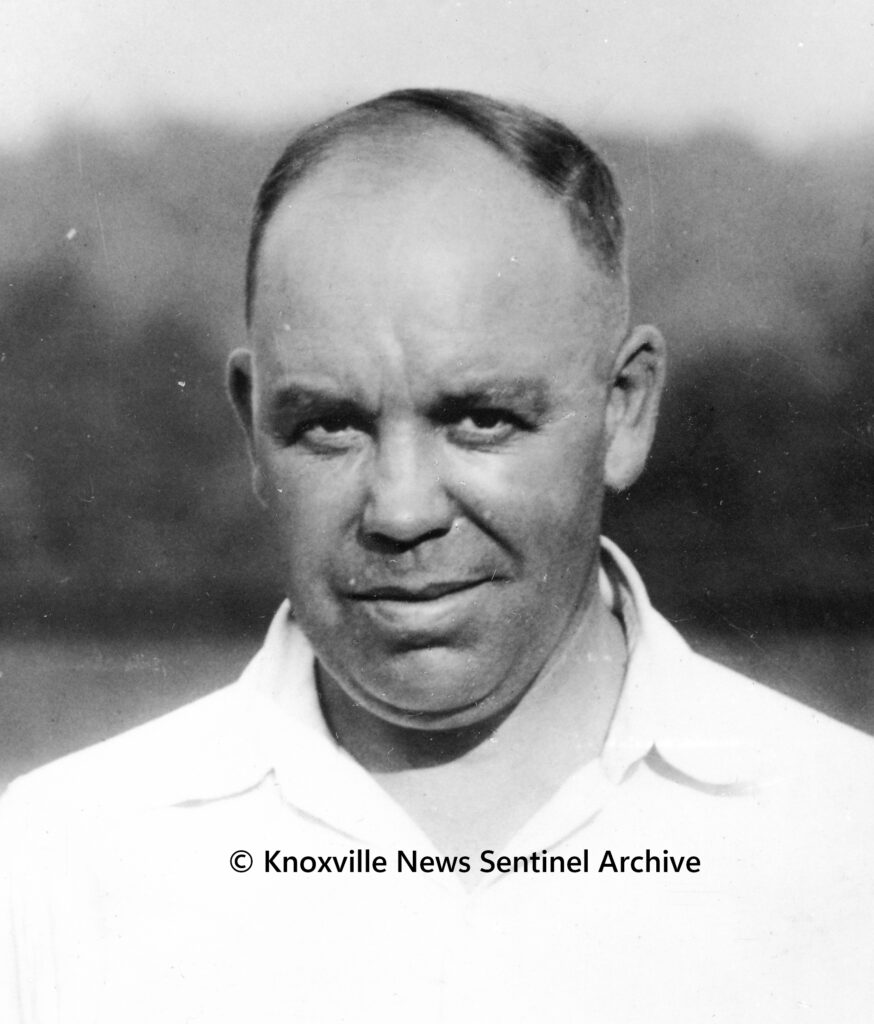The Early Years
Born on June 5, 1883, in Breesport, New York, Mark Beal Banks was an accomplished American college football player and coach. He also played college baseball, basketball and later served as a college athletics administrator.
Banks attended Elmira Free Academy High School in New York, before graduating and moving on to college.
His athletic abilities and talents were showcased during his time at Syracuse University. Initially playing on the football team, he then played basketball for two seasons followed by a season playing baseball for the Syracuse Orangemen.
He was a key part of his team, playing as quarterback and was All-American during his senior year in college.
His seasons playing basketball and baseball were equally strong, becoming the second leading scorer on the basketball team in 1909.
Coaching History & Timeline
Having completed his time at Syracuse, he embarked on what would be a stellar career coaching multiple sports at collegiate level, and then furthermore as an athletics director.
His first position was at Central University in 1909 where they went 6-1-1 in Banks’ first season as coach.
He was clearly a natural, leading the Central University Colonel’s to an undefeated season in 1910. Banks and his team went 9-0 in his second season as coach, beating what would be his future side, the University of Tennessee 17-0 in the season opener.
Under his leadership, Banks’ team only conceded 11 points during the whole season in 1910.
After a final season at Central University where he went 3-2-1, Banks moved on to Ohio Wesleyan, which was unfortunately a losing season for him. Wesleyan went 3-6 for the season and Banks found himself taking up the position of Head Coach at Ohio Green and White in 1913.
He coached here for five seasons going 22-17-2 during his tenure, before a three season term at Drake University.
It was in 1921 when he became Head Coach for the Volunteers at the University of Tennessee that he found the most success – going 27-15-3 during his time as coach.
Banks lead the Volunteers to a season win going 6-2-1 during his first season as coach.
His second year was even stronger, winning four consecutive games before losing to the University of Georgia in 3-7. The only other loss of the season was against Vanderbilt University, losing 6-14 at home in Knoxville. He led his team to a winning season going 8-2.
1924 was Banks’ first and only losing season at the University of Tennessee. After a promising start winning the first three games, the Volunteers had five straight losses, ending the season 3-5.
As a competitive sportsman himself, Banks was no doubt keen to make up for this and guided his team to a 5-2-1 winning season in 1925. The Volunteers went two games without losing a single point, before losing their match against Vanderbilt on October 17, 1925. This followed with a tie against Louisiana State University and three straight wins before a narrow loss going 20-23 against the University of Kentucky.
He was not rehired as Head Coach after this season, and became a high school football coach at Central High School in Kentucky between 1927 and 1930.
His final Head Coach position was at Hartwick College in Oneonta, New York. He spent five seasons coaching the Hawks between 1941 and 1948. There was no team during the 1943, 1944 and 1945 seasons due to World War II.
He left coaching after 1948, with an overall record of 99-72-10 at college level.
Life After Coaching
During his last post at Hartwick, and in similar fashion to some of his previous positions, he also coached baseball and basketball. At Hartwick he was also the Director of Athletics and he continued this position until 1950 after stepping down as coach in 1948.
Banks was inducted into the Hartwick College Athletic Hall of Fame, and the M. Beal Banks Award was created, and awarded on an annual basis to “individuals, male and female, who have best pursued excellence in their sport to the best of their ability and have enthused other with their dedication and commitment.”
He moved to Miami in 1950 where he became a realtor, until retiring in 1966.
Banks passed away of a heart attack in Parkersburg, West Virginia on January 12, 1970 at the age of 86.

